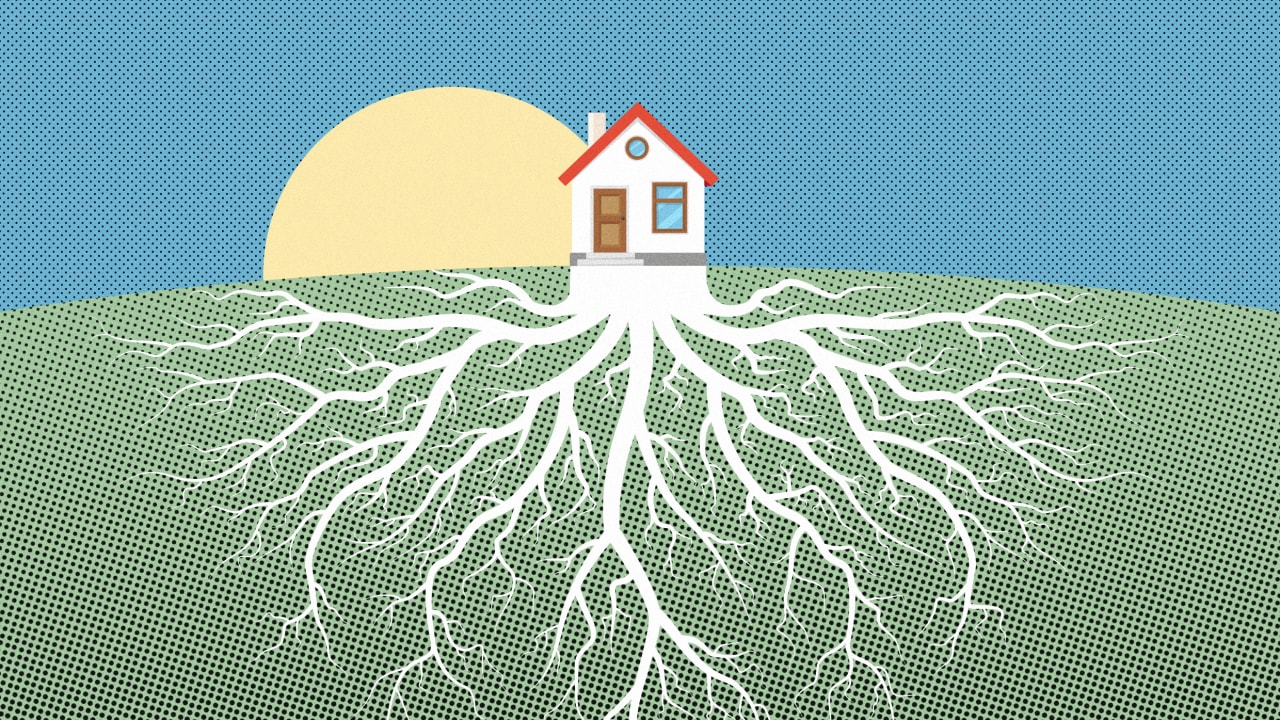This is already happening with minimum wage laws passing to higher levels in the Blue States.
So would a lower fed tax rate and a higher state/local tax rate work better for both political groups? States can fund initiatives like M4A, free tuition, and so on. Free tuition isn't a new thing. NYC's CUNY system used to be completely free.
Blue states do have many issues. Housing costs are generally higher and so on. But it just seems the problem with the divided electorate will continue for the foreseeable future. This was the original conceit of the United States. States were also way more distinct and regional than there are today. But that was lost as the monoculture of capitalism has killed much of that.
It's a complex issue for sure. Right now, states compete on jobs as well. We've seen a big migration of companies from California to Texas. Many cite lower taxes, CoL, and a less restrictive business environment in Texas as the reason.
Many would say, but what about abandoning those the red states? I'm not saying that we should literally give up on federal progressive goals. But the whole concept of US federalism was that states would be the laboratory for new ideas. The federal government is not designed, as per our Constitution, for sudden change, unfortunately--look at the McConnell led Senate.
In stark contrast, look all the changes coming to Virginia as Dems take the legislative and progressive branches there. Also, another progressive darling is Minnesota, which has been passing a good portion of progressive legislation.

 www.startribune.com
www.startribune.com
So I know there's a lot of doom and gloom about the federal government, but stuff is moving at the local level. I do think we, myself included, put too much focus on the federal government. And federal elections becomes this big all or nothing sporting event that leaves half the country dejected. Not only that but that focus encourages less political participation as it only once in four years and put a huge expectation on the federal government.
Thoughts?
So would a lower fed tax rate and a higher state/local tax rate work better for both political groups? States can fund initiatives like M4A, free tuition, and so on. Free tuition isn't a new thing. NYC's CUNY system used to be completely free.
Blue states do have many issues. Housing costs are generally higher and so on. But it just seems the problem with the divided electorate will continue for the foreseeable future. This was the original conceit of the United States. States were also way more distinct and regional than there are today. But that was lost as the monoculture of capitalism has killed much of that.
It's a complex issue for sure. Right now, states compete on jobs as well. We've seen a big migration of companies from California to Texas. Many cite lower taxes, CoL, and a less restrictive business environment in Texas as the reason.
Many would say, but what about abandoning those the red states? I'm not saying that we should literally give up on federal progressive goals. But the whole concept of US federalism was that states would be the laboratory for new ideas. The federal government is not designed, as per our Constitution, for sudden change, unfortunately--look at the McConnell led Senate.
In stark contrast, look all the changes coming to Virginia as Dems take the legislative and progressive branches there. Also, another progressive darling is Minnesota, which has been passing a good portion of progressive legislation.

OPINION EXCHANGE | Counterpoint: Progressive policies in Minnesota are working for workers
Studies counter the idea that minimum-wage hikes hurt employment, and, sorry, Wisconsin, but economic data paint a better picture here.
So I know there's a lot of doom and gloom about the federal government, but stuff is moving at the local level. I do think we, myself included, put too much focus on the federal government. And federal elections becomes this big all or nothing sporting event that leaves half the country dejected. Not only that but that focus encourages less political participation as it only once in four years and put a huge expectation on the federal government.
Thoughts?




